
Squirrels may seem like harmless, nut-obsessed critters, but they’re not always sticking to their leafy diet. Sometimes, things take a darker turn. Documented cases reveal them chasing prey, scavenging remains, or even dining on their kind. If this sounds bizarre, these stories will completely change how you see your backyard acrobats.
California Ground Squirrels Feast on Rodents
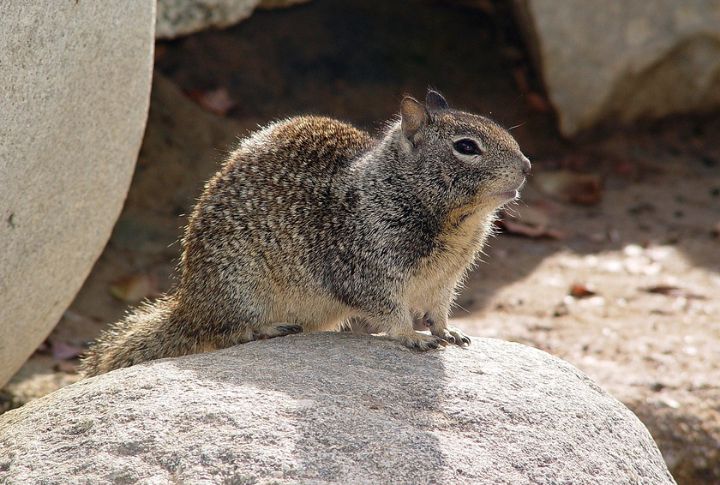
A recent study in California observed ground squirrels breaking new ground in their diet. Researchers caught them eating mice for the first time. Food scarcity is believed to have pushed these rodents to hunt smaller prey.
Squirrels Raid Bird Nests for Eggs and Hatchlings
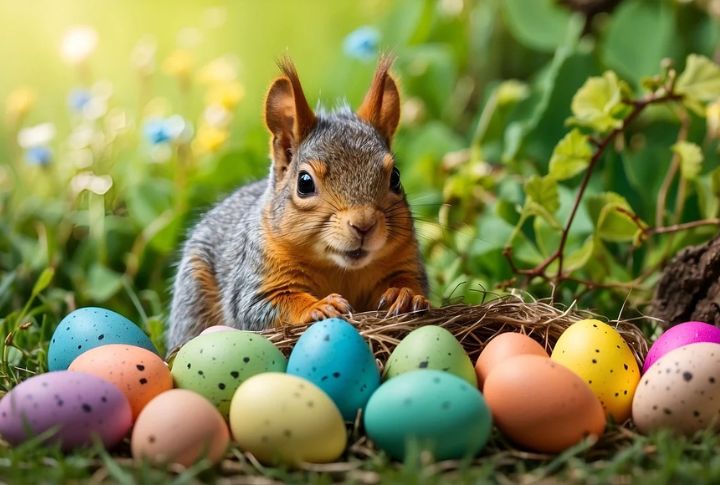
When the nesting season arrives, squirrels sometimes turn into surprising predators. Reports from the US and Europe document them targeting bird nests for eggs and hatchlings. Winter’s toll on food supplies often nudges them toward this uncharacteristic behavior.
Cannibalistic Gray Squirrels
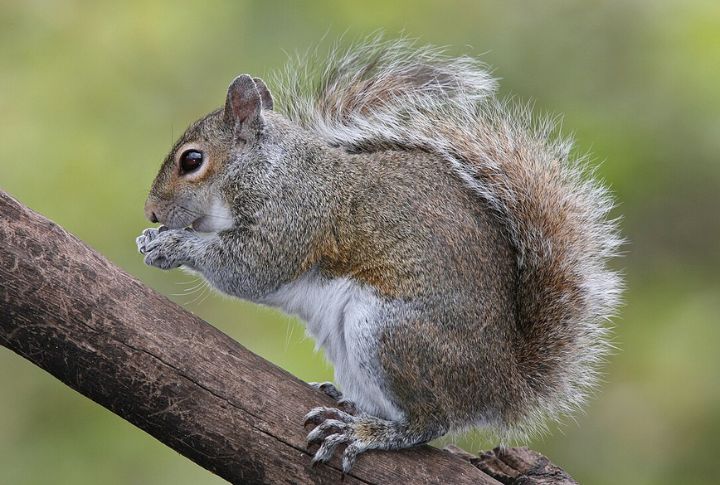
In the UK, gray squirrels have unsettled researchers by eating juveniles of their kind. This startling behavior emerges during intense competition or desperation, which starkly contrasts with their usually playful image.
Squirrels Eat Meat from Roadkill
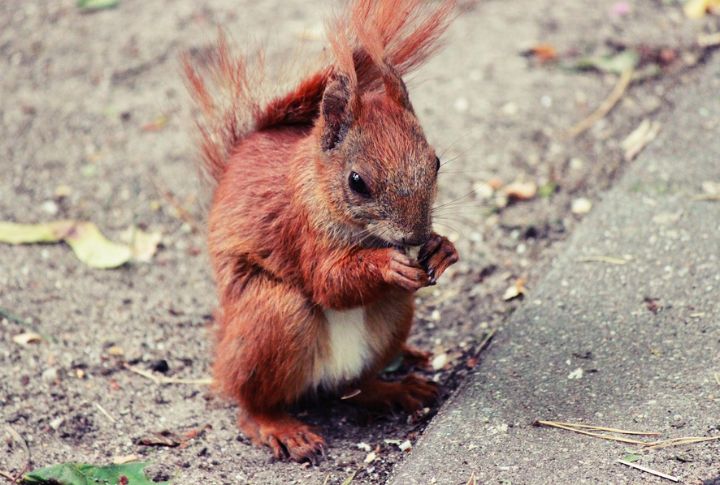
Urban squirrels have been observed scavenging roadkill for protein. North American reports highlight cases where they feed on carcasses left on roads. The easy availability of these gruesome resources in human-dominated spaces demonstrates urban wildlife adapting to opportunities.
Indian Giant Squirrels Eat Small Birds
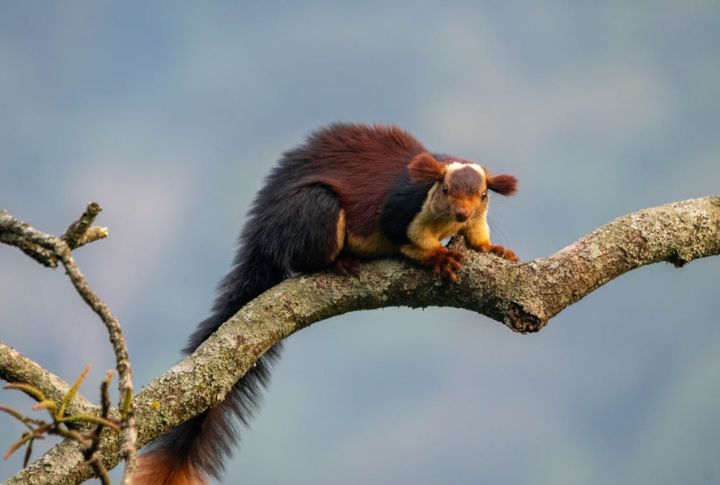
The Malabar giant squirrels occasionally turn predators to consume small birds and their eggs. Habitat loss and shrinking food sources appear to drive this macabre shift in their diets. This behavior shows their ability to pivot to unconventional food sources with growing environmental challenges.
Arctic Ground Squirrels Feed on Carcasses
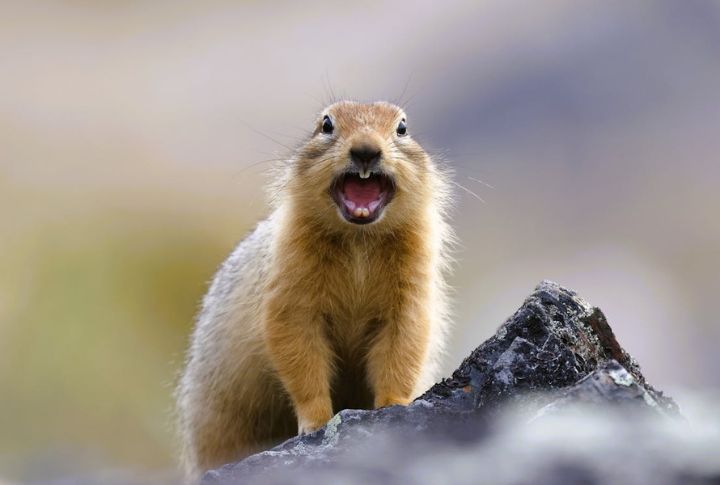
Arctic ground squirrels, surviving in some of the harshest conditions on Earth, have been observed scavenging animal remains. Their diet expands to include bones for essential nutrients, which makes a horrific kind of sense in an atmosphere as stark and scarce as theirs.
Flying Squirrels in Southeast Asia Hunt Insects
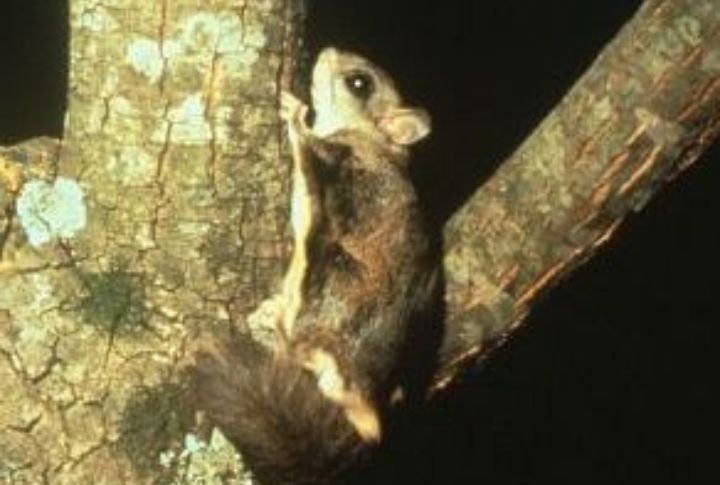
Flying squirrels in Southeast Asia have surprised researchers by hunting insects. Beetles and moths, rich in protein, help fuel their demanding gliding lifestyle. This unexpected predatory habit is an ingenious way to sustain their energy needs in challenging ecosystems.
Eastern Chipmunks Turn Carnivorous
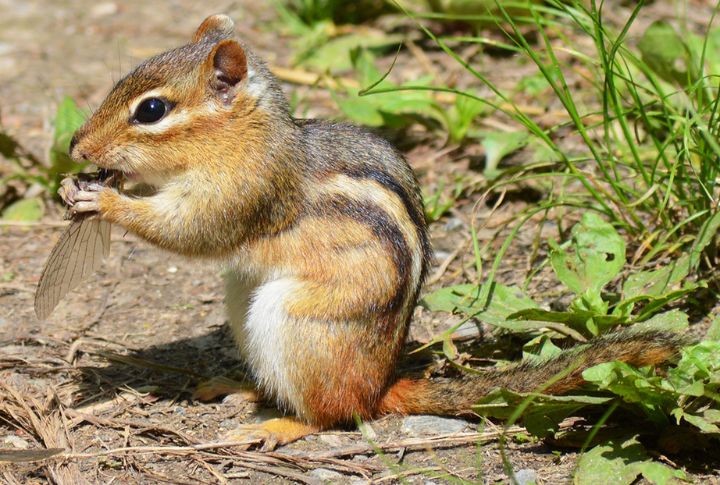
Eastern chipmunks, close cousins to squirrels, sometimes prey on frogs and scavenge small carcasses. This behavior often peaks in late summer when seeds and nuts run low. It’s a remarkable survival strategy for these typically plant-focused creatures.
Squirrels Hunt Insects in Gardens
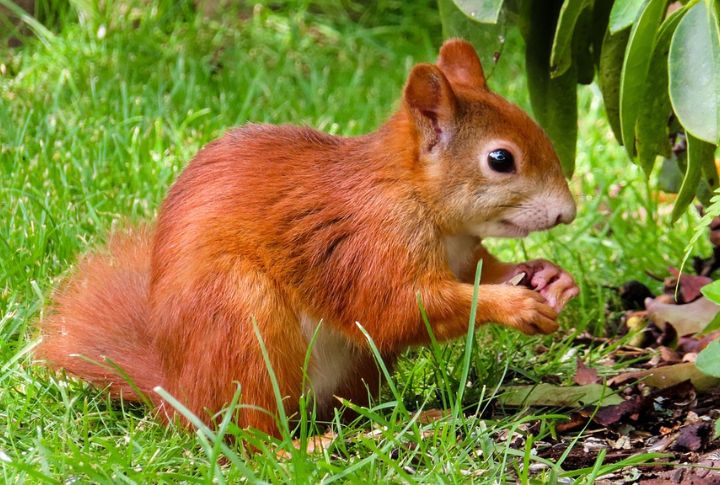
Gardeners occasionally witness squirrels hunting grasshoppers or other insects. This behavior spikes during late summer as squirrels prepare for colder months. Such sightings reflect how human-altered environments can influence animal behaviors in unexpected ways.
Squirrels Consume Expired Birds
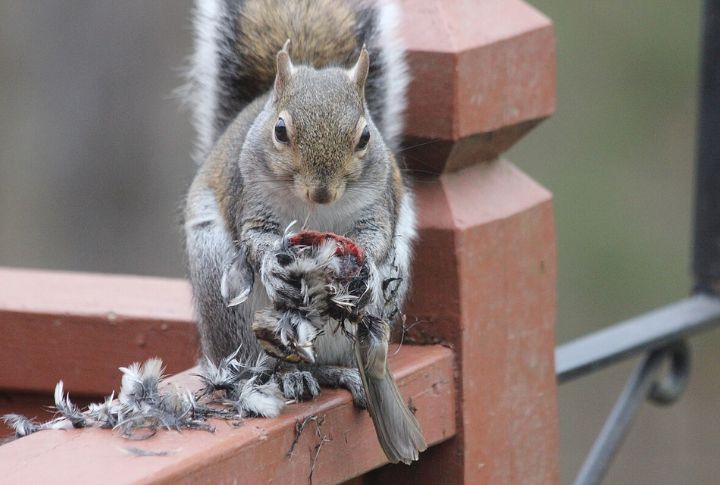
In forests, squirrels have been documented scavenging on bird carcasses. Ornithologists report squirrels stripping these remains for meat, likely to fulfill their protein needs. This practice reveals a side of their behavior often overshadowed by their nut-hoarding habits.
